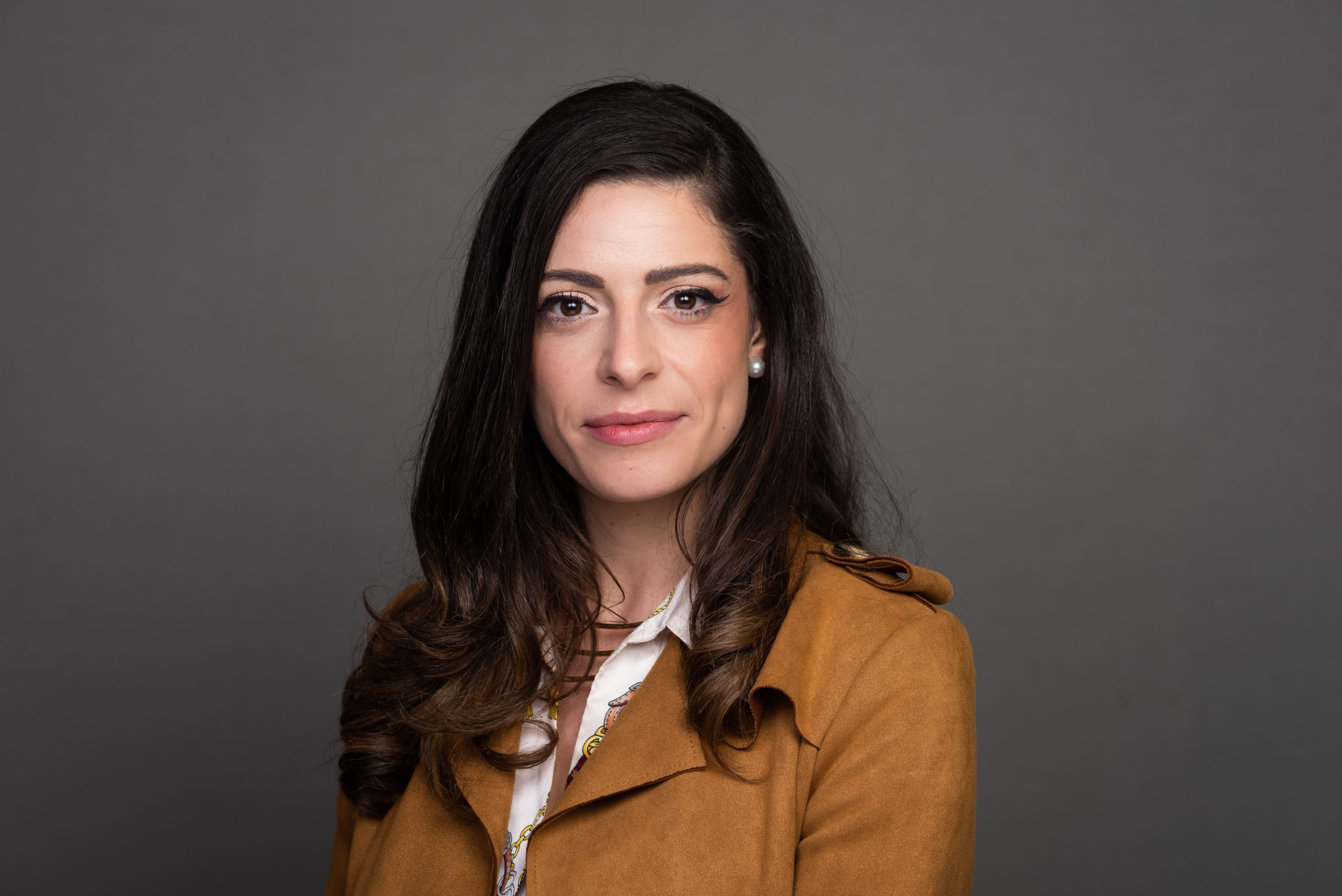Federica D’Alessandra is the Deputy Director of the Institute for Ethics, Law, and Armed Conflict (ELAC), and founding Executive Director of the Oxford Programme on International Peace and Security at the Blavatnik School of Government. She is also a member of the Steering Committee of the School’s Alfred Landecker Programme, an Academic Affiliate of the Oxford Bonavero Institute of Human Rights, and on the Steering Committee of the Oxford Network of Peace Studies. Prior to joining Oxford, Federica held various appointments at Harvard University, including at the Harvard John F. Kennedy School of Government, and at the Harvard Law School, where she focused on mass atrocity response and prevention, transitional justice, national security, and human rights. Her current research spans a variety of pressing, contemporary issues on which she has published widely, including: international aggression; judicial accountability for mass atrocities; new institutional developments in international justice; States’ legal duties in mass atrocities situations; the role of new actors and new technologies in atrocity crimes documentation; and the UN accountability turn, among others.
Federica is often called upon to counsel governments, international organisations, and the private sector on international law and policy matters relating to her expertise. This includes actively participating in treaty negotiations and amendment, and regularly serving on expert panels tasked with standard-setting and the development of practical guidance and implementation tools. Her contributions have supported, for example, the aggression and starvation amendments to the Rome Statute; the UN Draft Articles on Crimes against Humanity; the International Criminal Court Guidelines for Civil Society Documentation; the Berkley Protocol on Open-Source Investigations; the UN Guidelines to facilitate the collection of information and evidence by military and other relevant criminal justice actors within a rule-of-law framework; the recommendations by the Group of Expert on Fact-Finding and Accountability; and Options for the Establishment of a Standing UN Investigative Mechanism, among others.
Federica is a leading figure in the international law and public policy space, currently serving as the inaugural Co-Chair of the International Bar Association (IBA) Government and Public Lawyers Committee, and Vice-Chair of its Rule of Law Forum, having previously served as Co-Chair of the IBA Human Rights Law and War Crimes Committees. She also serves on the board of a number of institutes and organisations, including the Simon Skjodt Center’s Ferencz International Justice Initiative at the US Holocaust Memorial Museum, the IBA Section on Public and Professional Interest, and the IBA Human Rights Institute.
She has received a number of awards and recognitions, including the William Reece Jr Award by LexisNexis and the International Bar Association in recognition of her work to improve the civil society’s capacity to document atrocities and engage with international accountability mechanisms. She has also been recognised by Forbes as one of ’30 Under 30′ leaders with ‘the likelihood of changing the field of law and policy over the next half-century’ (2019); among the ‘Most Influential European Thinkers’ (Forbes Italy, 2019); and as one of 18 ‘Italians of the Year’ by the Italian Journalistic Agency (AGI, 2018).
Federica is a graduate of Milan’s Università Cattolica del Sacro Cuore, Utrecht Universiteit, and Vrije Universiteit Amsterdam. She also studied at the Université Paris Sorbonne, and hold degrees in Law, Criminology, and Political Science.
Publications
- Whither Atrocity Prevention at the UN? Look Beyond R2P and the Security Council (with Gwendolyn Whidden), Stimson Center and the Oxford Programme on International Peace and Security, November 2023.
- UN Accountability Mandates in International Justice, Journal of International Criminal Justice (October, 2023).
- Pursuing Accountability for the Crime of Aggression Against Ukraine, Revue Européenne du Droit Issue 5 (Spring 2023).
- Developing a UK Atrocity Prevention Strategy (with Gwendolyn Whidden), Oxford Programme on International Peace and Security, January 2023.
- Technological change and the UN Framework of Analysis for Atrocity Crimes (with Ross James Gildea), Stimson Center and the Oxford Programme on International Peace and Security, July 2022.
- ‘Operationalising Obligations to Prevent Mass Atrocities: Proposing Atrocity Impact Assessments as Due Diligence Best Practice’ (with Shannon Raj Singh), Journal of Human Rights Practice (July, 2022).
- ‘Anchoring Accountability for Mass Atrocities: the Permanent Support Needed to Fulfil UN Investigative Mandates’ (with Amb. Stephen Rapp, Kirsty Sutherland, Sareta Ashraph), Oxford Programme on International Peace and Security, International Bar Association and the US Holocaust Memorial Museum Simon Skjodt Center for the Prevention of Genocide, May 2022. Shorter policy brief also available here.
- ‘The Promise and Challenges of New Actors and New Technologies in International Justice’ (with Kirsty Sutherland) 19(2) Journal of International Criminal Justice (JICJ) (2021).
- ‘Advancing Justice for Children: Innovations to Strengthen Accountability for Violations and Crimes Affecting Children in Conflict’ (with Jelia Sane, Sareta Ashraph, Veronique Aubert, Aurelie Lamaziere, Keyan Salarkia, Vanessa Grée), Oxford Programme on International Peace and Security and Save the Children, March 2021.
- ‘Atrocity Prevention in a Transatlantic Setting’(with Shannon Raj Singh, Amb. Stephen Rapp), ), Oxford Programme on International Peace and Security, June 2020.
- ‘The War Crime of Starvation in Non-International Armed Conflict’ (with Matthew Gillett), Journal of International Criminal Justice, 0 (2019): 1-33.
